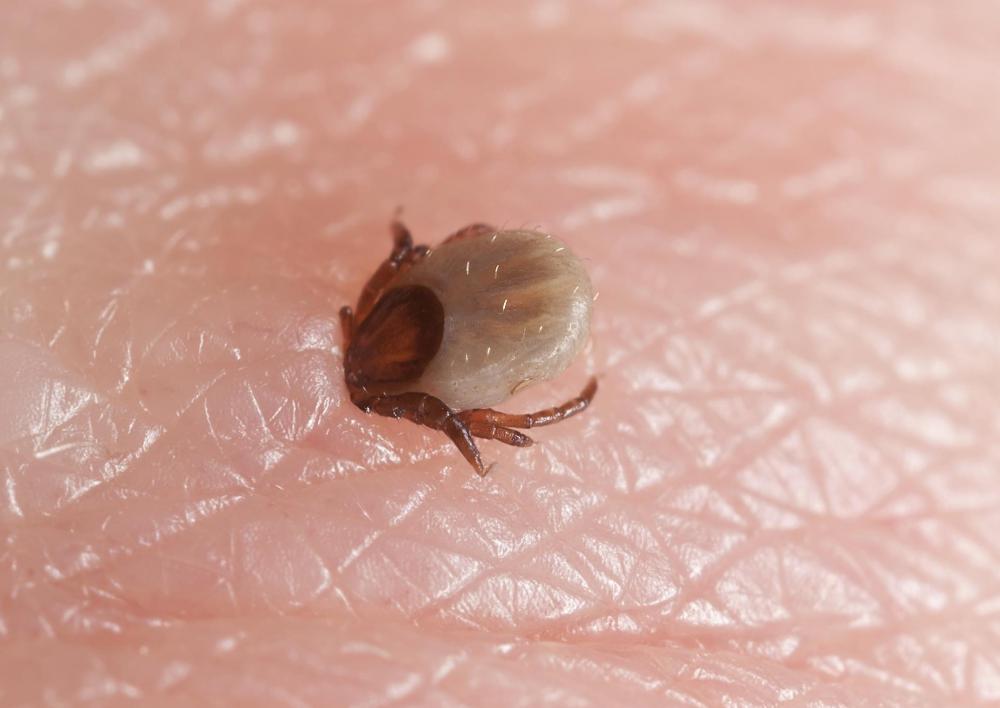At TheHealthBoard, we're committed to delivering accurate, trustworthy information. Our expert-authored content is rigorously fact-checked and sourced from credible authorities. Discover how we uphold the highest standards in providing you with reliable knowledge.
What is Sweating Sickness?
Sweating sickness, or the English sweate, caused a series of epidemics that initially affected England and later on spread to Europe between 1485 and 1551. It is an extremely deadly disease wherein an affected person suffers from symptoms in an acute and dramatic matter, with imminent death within a few hours. Sweating sickness stands out in history because it had a propensity to affect the rich and is one of the infectious diseases with an unknown cause. A search for its cause is hampered by the lack of records and by the fact that its last outbreak occurred in the 16th century.
The first epidemic of sweating sickness occurred at the end of the War of the Roses. On 28 August 1485, a few days after Henry VII entered London, the first epidemic broke out. It has been postulated that the causative agent may have entered England through the French mercenaries who helped Henry VII ascend to the English throne. A possible explanation why the French did not suffer from this disease beforehand is immunity to the causative agent. The English were not immune, so the disease caused a high mortality rate.

It is believed that the second epidemic occurred in 1492, when the Annals of Ulster recorded that it caused the death of James Fleming, the Baron of Slane. Sweating sickness cases were reported in 1502, 1507, and 1517, years that are now included under the third epidemic. A fourth epidemic was recorded in 1528, and spread through England and much of continental Europe including Switzerland, Denmark, Sweden, Norway, Lithuania, Poland, Russia, Belgium, and The Netherlands. The disease course was generally short, and it never lasted beyond a fortnight.

The last outbreak occurred in 1551, which was recorded by John Kaye, who was then the president of the Royal College of Physicians. Kaye’s narrative contributed greatly to the elucidation of the sweating sickness symptoms. The start of the disease is very sudden and usually accompanied by a sense of apprehension. This is followed by the cold stage that can last between 30 minutes and three hours, and is characterized by cold shivers that may turn violent. The affected person becomes giddy, and suffers from headache and pains in various parts of the body, including the neck, shoulders, and limbs.

Afterward, the person experiences a stage of sweating and heat, followed by delirium, headache, rapid pulses, and intense thirst. These are accompanied by symptoms of palpitations and chest pain. In the late stage of the general prostration, collapse or an overwhelming tendency to sleep occurs. As a result, death follows.
Proposed causes of this sickness include relapsing fever, which is spread by lice and ticks and often occurs during summer, a characteristic that coincides with that of sweating sickness. Relapsing fever, however, is usually associated with a black scab at the tick bite, which is not found in the English sweate. Other proposed causes are chronic fatigue syndrome and hantavirus.
AS FEATURED ON:
AS FEATURED ON:

















Discuss this Article
Post your comments